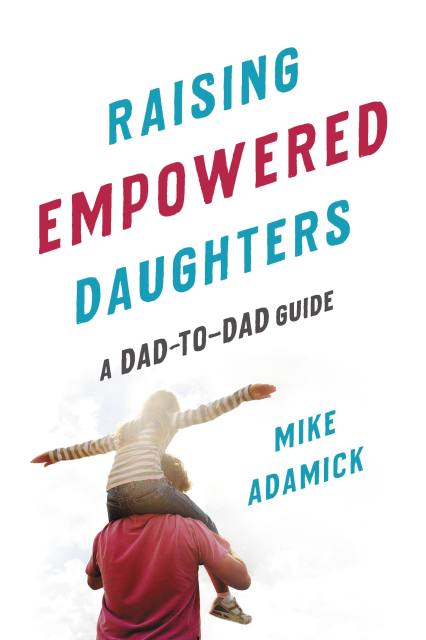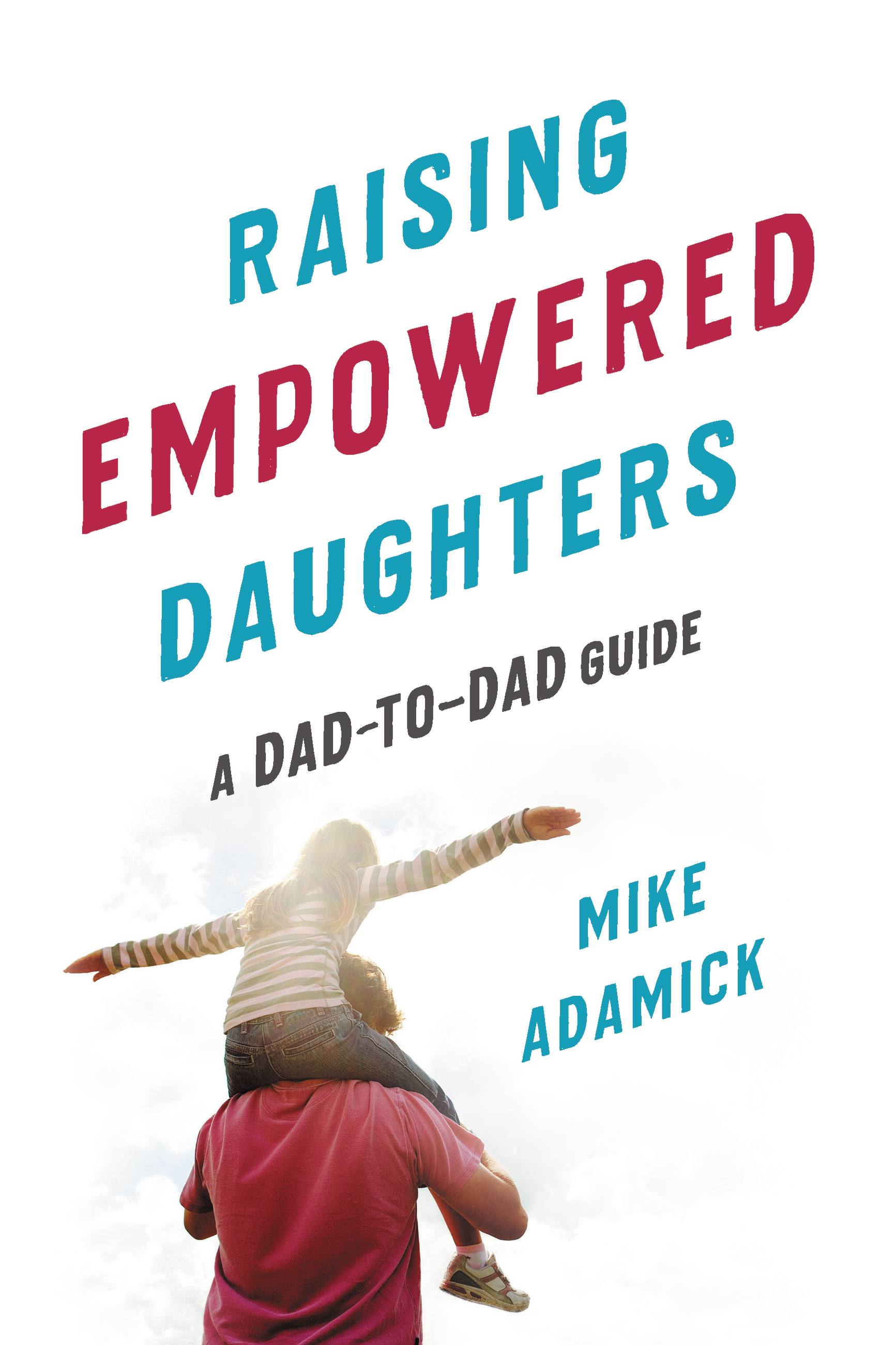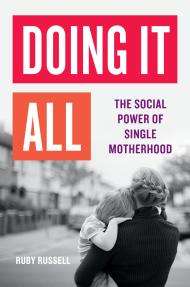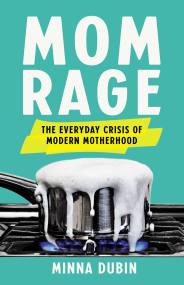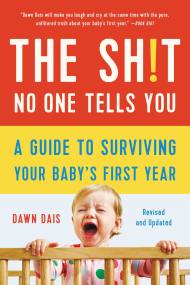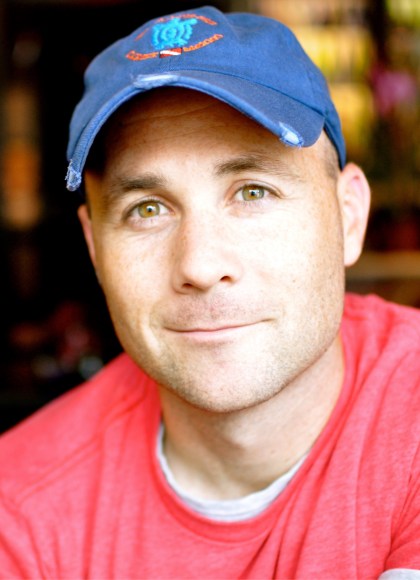By clicking “Accept,” you agree to the use of cookies and similar technologies on your device as set forth in our Cookie Policy and our Privacy Policy. Please note that certain cookies are essential for this website to function properly and do not require user consent to be deployed.
Raising Empowered Daughters
A Dad-to-Dad Guide
Contributors
By Mike Adamick
Formats and Prices
- On Sale
- Jun 4, 2019
- Page Count
- 272 pages
- Publisher
- Seal Press
- ISBN-13
- 9781580058643
Price
$11.99Price
$15.99 CADFormat
Format:
- ebook $11.99 $15.99 CAD
- Trade Paperback $17.99 $23.49 CAD
This item is a preorder. Your payment method will be charged immediately, and the product is expected to ship on or around June 4, 2019. This date is subject to change due to shipping delays beyond our control.
Buy from Other Retailers:
A fists-up handbook for helping dads help their daughters resist the patriarchy, written by popular feminist dad blogger Mike Adamick
As a primary male role model in a girl’s life, a father influences his daughter in profound ways, from the way she defines her female identity to what she expects from men. In Raising Empowered Daughters, Mike Adamick offers a wise and witty handbook for dads, suggesting ways to raise girls who won’t settle for second-class-citizenship. Examining the extraordinary array of sexisms-both subtle and not-so-subtle-girls encounter, Adamick highlights not just the ways that girls and boys are treated differently but how the roles of moms and dads are shaped by society, too.
Full of eye-opening anecdotes and dad-relatable humor, this is a necessary guide for every father who wants to raise a confident daughter.
As a primary male role model in a girl’s life, a father influences his daughter in profound ways, from the way she defines her female identity to what she expects from men. In Raising Empowered Daughters, Mike Adamick offers a wise and witty handbook for dads, suggesting ways to raise girls who won’t settle for second-class-citizenship. Examining the extraordinary array of sexisms-both subtle and not-so-subtle-girls encounter, Adamick highlights not just the ways that girls and boys are treated differently but how the roles of moms and dads are shaped by society, too.
Full of eye-opening anecdotes and dad-relatable humor, this is a necessary guide for every father who wants to raise a confident daughter.
Newsletter Signup
By clicking ‘Sign Up,’ I acknowledge that I have read and agree to Hachette Book Group’s Privacy Policy and Terms of Use
